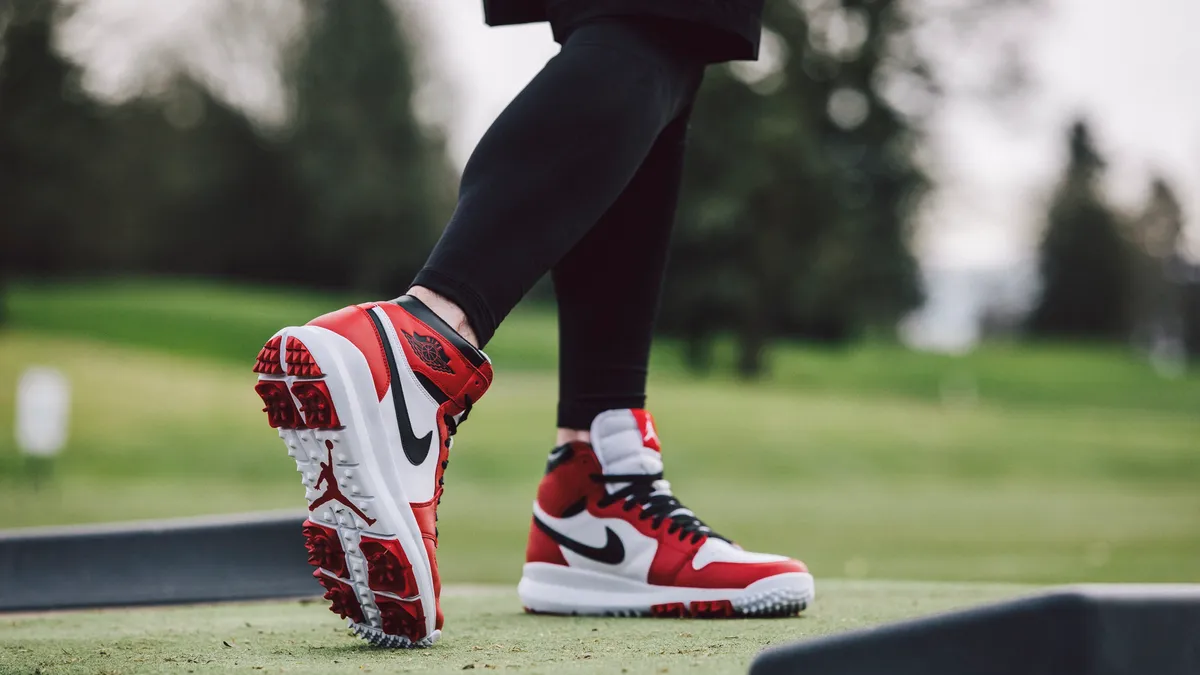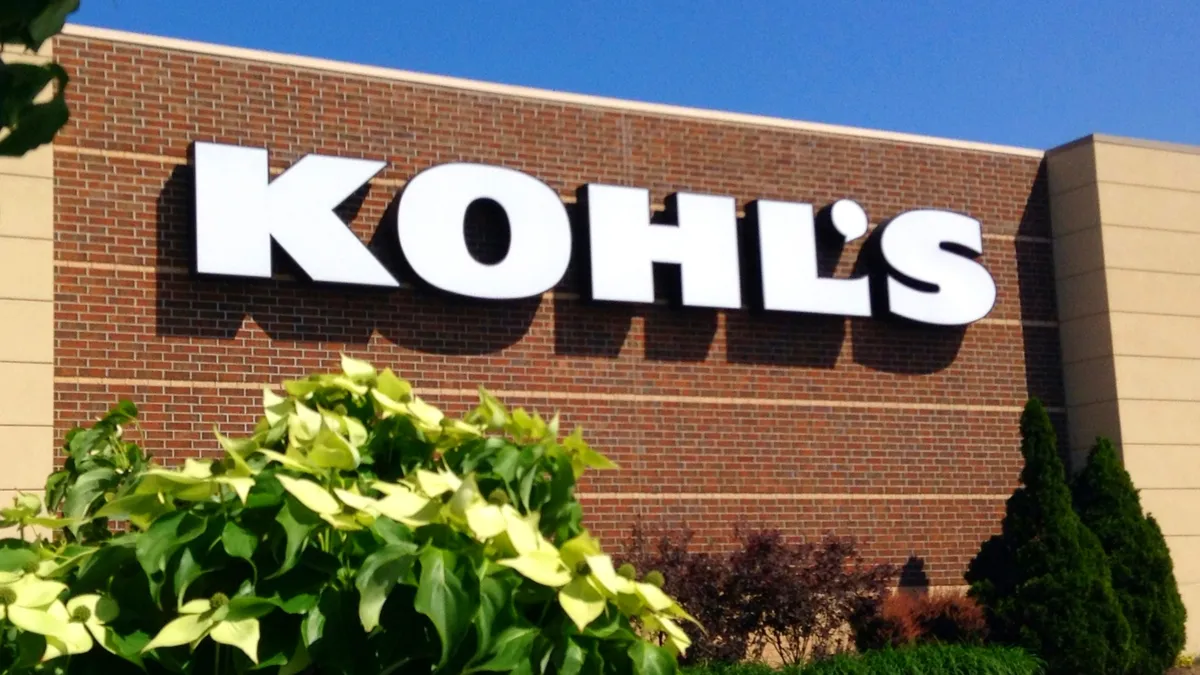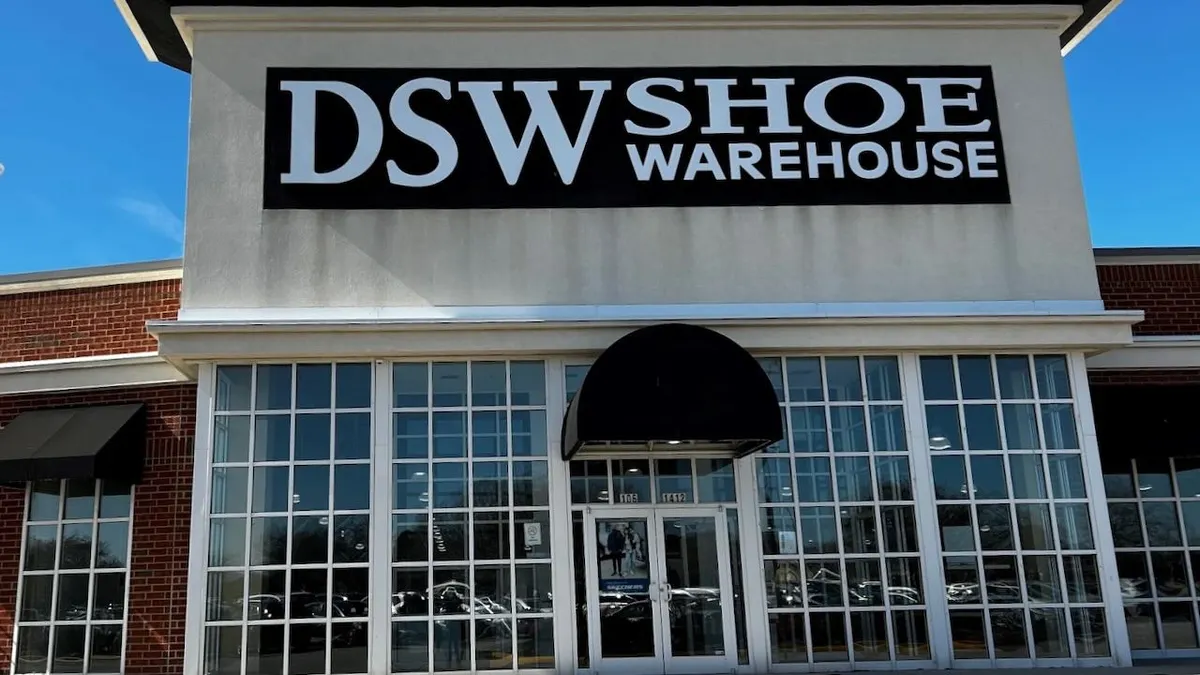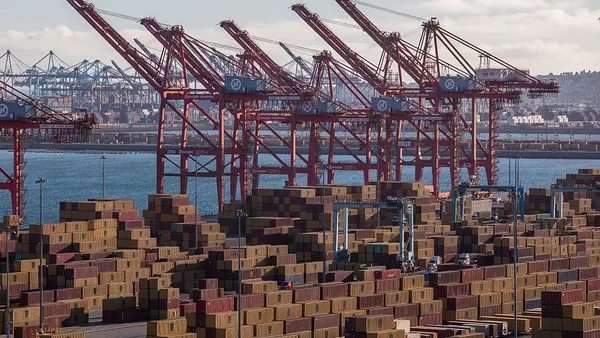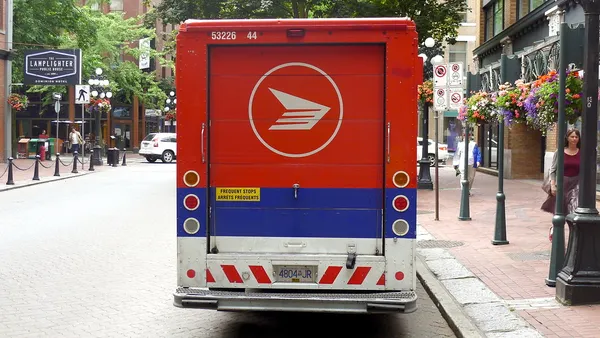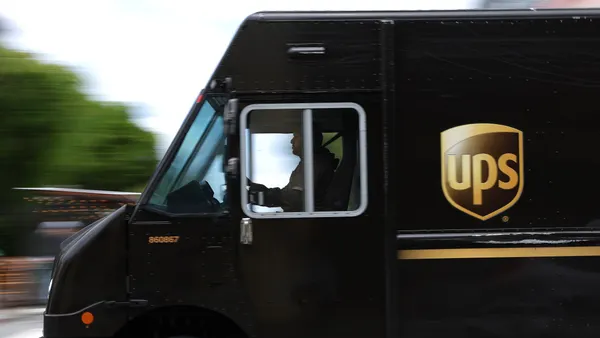Dive Brief:
- U.S. Customs and Border Protection (CBP) intercepted counterfeit Nike Air Jordan sneakers arriving as air cargo at Washington Dulles International Airport, the CBP reported Monday.
- The shoes, if authentic, would have been worth nearly $55,000. Packaged as seven separate parcels for a total of 400 pairs sent from China in mid-December, the lot were bound for Alexandria, Virginia.
- The CBP was able to confirm the shoes were counterfeit through the holder of the trademark.
Dive Insight:
Counterfeits are a particular problem for Nike, as well as for many high-end brands reluctant to join the migration to e-commerce.
As more consumers shop online, it becomes harder to catch counterfeit goods because consumers can't always tell if the product they're viewing on Amazon, Alibaba or Jet.com is genuine or not.
Part of the problem is, responsibility is not evenly distributed: e-commerce sites are responsible for ensuring the quality of the products they sell, but consumers are also responsible for not buying counterfeit products and perpetuating the cycle.
Fear of knock-offs remain high enough for more than 75% of luxury brands that don't work with Amazon or some other e-commerce site, while shipping lines have had to sign a "Declaration of Intent to Prevent the Maritime Transport of Counterfeit Goods" to reassure brand makers of their intent to increase cargo inspections in order to reduce the transport of fake designer goods.
In a recent instance of alleged misrepresentation, Costco was recently charged with selling counterfeit Tiffany rings, though the wholesaler insisted it only used the brand's name as a descriptor for the ring's setting style.
The Nike debacle is nothing new for the border patrol. In fact, in 2016, officers confiscated roughly $3.8 million worth of similar frauds and fakes on a single day.
The global economic total of the trade in counterfeit or pirated goods is likely to reach as much as $4.2 trillion by 2022, according to a report from the International Chamber of Commerce.
The most commonly counterfeited items traded in the U.S. include footwear, electronics, handbags and jewelry, according to USA Today.


